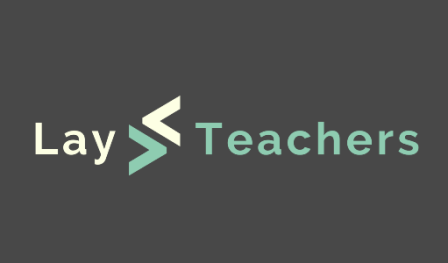Unit 5. Non-formal methods for introducing culture and language
Free

- Main ideas
The main ideas and goals of the unit are:
- Presenting and describing non-formal education, in particular looking at it as an alternative and powerful education form to employ in language courses for migrants;
- Introduce concepts of culture, intercultural sensitivity, cultural differences and illustrations of stereotypes, in particular considering them within the context of language education;
- Improving the knowledge and awareness of other cultures, recognizing and analysing intercultural challenges, and fostering cooperation across cultures;
- Introducing the main concepts of cultural communication to adapt behaviours and communication styles to a specific context;
- Providing tools and real examples to employ non-formal education in the learning area taking into account, i.e. the introduction of the concept of culture within language education.
- Learning Outcomes
Upon successful completion of this Learning Unit, the participants will be able to:
- Master the concept of culture, multiculturality, intercultural sensitivity and communication, stereotypes; recognize and face cultural challenges, adopting a conflict-resolution approach and enhancing diversity; adapt behaviours and communication styles to specific contexts and learners’ needs;
- Distinguish between formal and non-formal education; create an interactive and communicative learning environment applying non-formal education methods;
- Introduce culture and cultural topics into language courses for promoting the learners’ integration into the host community and the intercultural environment of the learning space; apply non-formal education methods for introducing culture and language.
Course Features
- Lectures 5
- Quizzes 1
- Duration 6 hours
- Skill level All levels
- Language English
- Students 1
- Certificate No
- Assessments Self
-
Training contents
-
Evaluation Test
-
Glossary
-
Additional resources

